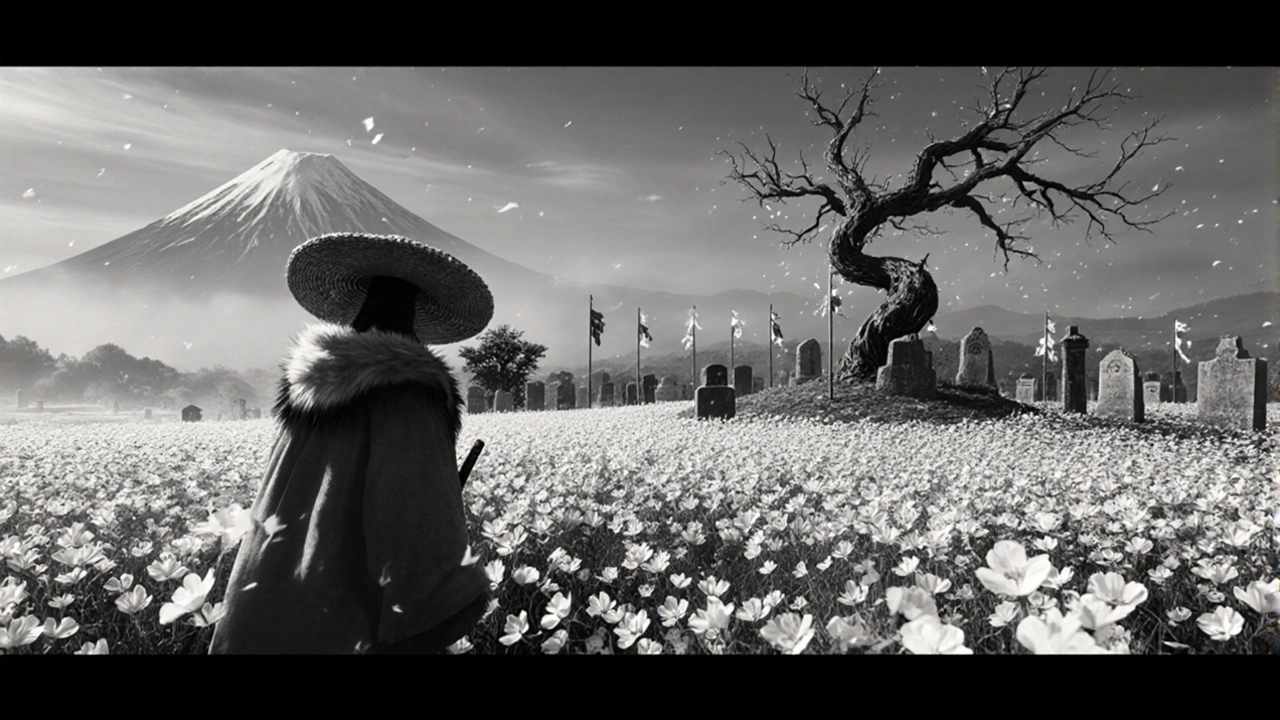Gaming Homages: Modern Games Paying Tribute to the Classics
If you love spotting a familiar face in a brand‑new game, you’re not alone. Developers love slipping in nods to the games that inspired them, and those nods are what we call gaming homages. They can be a tiny Easter egg hidden in a level or a whole level built to look like an old favorite. Either way, they make the experience richer for anyone who recognizes the reference.
Why Developers Add Homages
First off, it’s a shout‑out. Game makers grew up playing the titles that shaped the industry, so when they get a chance to reference a beloved classic, they jump on it. It’s also a smart marketing move—fans of the original game get an instant hook, and they’re more likely to share the discovery on social media. Finally, homages add depth. A subtle nod can turn a simple scene into a little treasure hunt, encouraging players to explore and stay engaged longer.
Common Types of Gaming Homages
There are a few patterns you’ll see over and over. The first is the visual homage: a sprite, a UI element, or a background that mirrors a classic game’s art style. Think of a modern platformer that drops a pixel‑art sign reading “Mario Bros.” as a wink to the original. The second is the gameplay homage, where a level mimics the mechanics of an older title. For example, a recent shooter may include a hidden arena that forces you to fight with only a side‑arm, mirroring an early‑90s demo.
Audio homages are just as common. A familiar chiptune melody might play when you collect a secret item, instantly taking you back to the arcade days. And then there are full‑scale tributes, where an entire game is built around a classic’s concept—like a modern RPG that reimagines the rules of a classic dungeon‑crawling board game.
Spotting these homages is easier than you think. Keep an eye on level names, hidden rooms, and background details. Developers love naming secret areas after their inspirations—look for titles that feel out of place or oddly nostalgic. Also, pay attention to dialogue; a line like “It’s dangerous to go alone—take this” is a classic reference that many games sprinkle in.
One of the biggest benefits of hunting down homages is the community buzz they create. When you find a hidden reference, chances are someone else has posted about it on a forum or Reddit thread. Sharing your discovery helps other fans enjoy the game on a deeper level, and you might even get a shout‑out from the developers if they’re watching.
In short, gaming homages are more than just inside jokes. They’re a bridge between generations of players and a way for creators to honor the games that paved the way. The next time you play a new title, pause for a moment and look around—chances are there’s a classic waiting to be recognized. Happy hunting!
